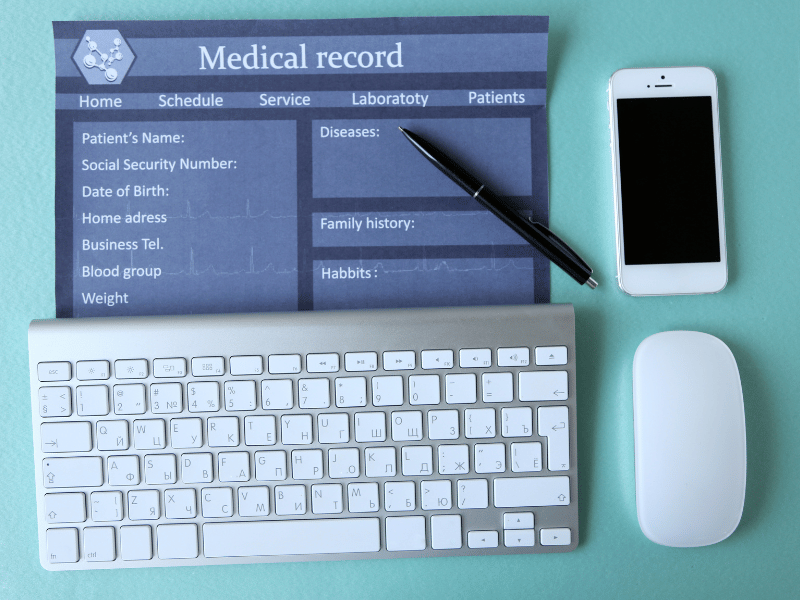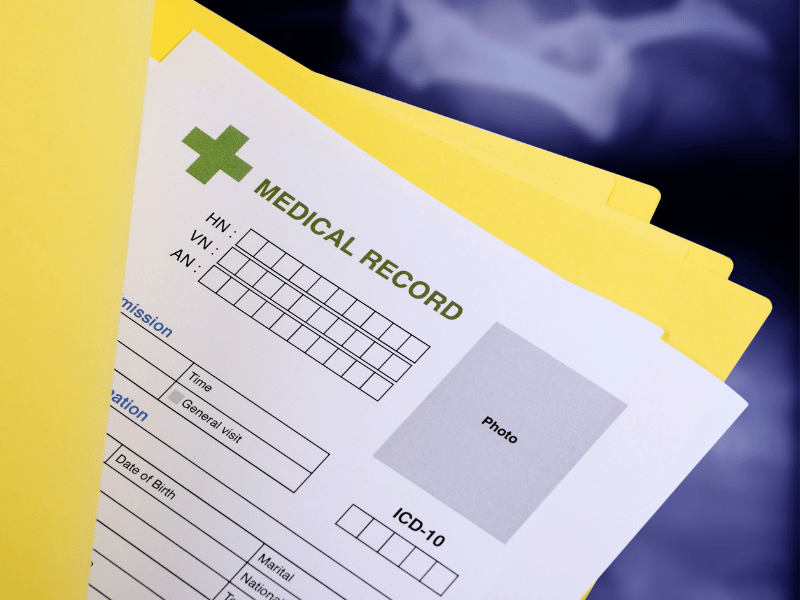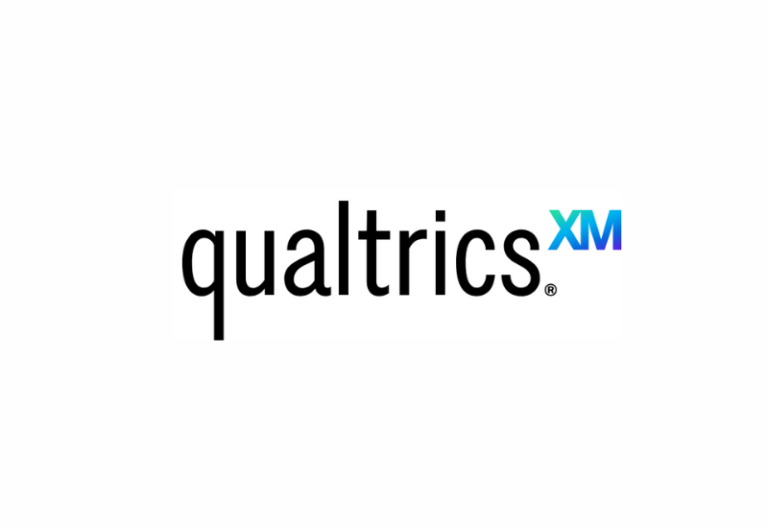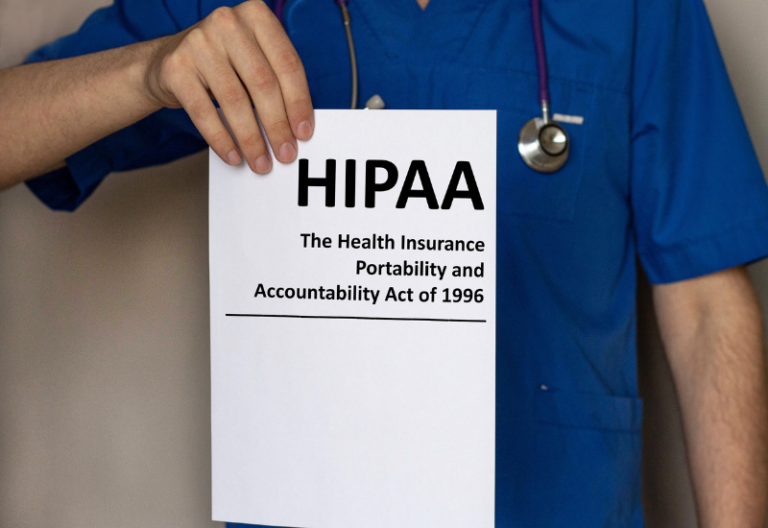The Health Insurance Portability and Accountability Act (HIPAA) defines protected health information (PHI) as any identifiable information in a patient’s medical record, including, but not limited to, demographic information, health status, treatment history, and laboratory data.
A clear definition of PHI and its importance in healthcare is crucial in protecting a patient’s right to privacy and confidentiality. Safeguarding protected health information is a must for HIPAA compliance. It’s also fundamental to building patient trust and ensuring care continuity.

What Is PHI (Protected Health Information)?
Protected health information (PHI) plays a vital role in healthcare. PHI refers to any type of information related to an individual’s:
- Health status
- Physical and mental health conditions
- Medical history
- Treatments received
This information is protected by law to ensure that patient privacy is maintained. The Health Insurance Portability and Accountability Act defines the legal framework for PHI protection in the United States.
All healthcare providers, as well as their business associates, must handle PHI securely and confidentially. For instance, medical research involving PHI must obtain patients’ consent to use their data in studies. . Furthermore, healthcare providers and business associates must have a business associate agreement (BAA) in place to ensure the proper handling and confidentiality of PHI.
What are examples of PHI?
Examples of protected health information include:
- Patient names
- Geographical information (i.e., city, country, zip code)
- Phone and fax numbers
- Medical record numbers
- Fingerprints and other biometric identifiers
- Treatment plans and diagnosis codes
- Insurance information
- Appointment notes
Importance of PHI in Healthcare
Protected health information plays an important role in healthcare and medical practices.
Here are the reasons why.
- Ensuring privacy and confidentiality – Patients have the right to privacy and confidentiality regarding their medical information. PHI enables healthcare providers to keep this information confidential. It ensures that health data is only shared with individuals who have authorization.
- Promoting high-quality care – Access to PHI helps healthcare providers deliver high-quality patient care. They can take a comprehensive and personalized approach to treatment based on the patient’s unique medical history and needs.
- Supporting medical research – PHI is essential in medical research, where it helps researchers to identify patterns and trends in health outcomes. Such information is vital in developing new treatments, technologies, and therapies that can improve patient outcomes.
- Streamlining healthcare operations – PHI is a critical component of electronic health records (EHRs), revolutionizing the healthcare industry. EHRs enable healthcare providers to access patient information efficiently. It improves the speed and accuracy of diagnosis and treatment.
Why is PHI important for HIPAA compliance?
The importance of PHI for ensuring HIPAA compliance can not be overstated for several key reasons:
- Patient privacy protection: In healthcare, it is imperative to prioritize patient privacy and confidentiality, especially if it involves protected health information. Protecting PHI is important in a healthcare setting as it prevents discrimination and harm in various aspects.
- Legal requirements: The HIPAA law mandates that covered entities and their business associates implement technical, administrative, and physical safeguards to protect PHI. Failure to do so could lead to potential civil lawsuits, breach of patient trust, and a damaged reputation for the covered entity or healthcare organization.
- Patient rights: Under the HIPAA Privacy Rule, patients can request access to their medical records, giving them more control over their health information for purposes such as viewing, requesting amendments, and obtaining copies.

Protected Health Information (PHI) vs PII: What Is the Difference?
The difference between protected health information (PHI) and personally identifiable information (PII) primarily lies in the scope, definition, and governing framework.
PHI pertains to a patient’s health information that goes into the records of healthcare organizations and other entities covered by HIPAA. PII is a broader term governed by various states and federal regulations.
Who Has Access to PHI?
HIPAA regulations outline who has access to PHI and under what circumstances.
- Covered entities provide healthcare services and require access to PHI, including healthcare providers, health plans, and healthcare clearinghouses. They must comply with HIPAA regulations to protect PHI and prevent unauthorized access.
- Business associates are third-party entities that work with covered entities and require access to PHI to perform their duties. Examples of business associates include billing companies, IT service providers, and medical transcriptionists.
Signed BAAs between covered entities and business associates are requisite for PHI security and HIPAA compliance.
When accessing PHI, covered entities and business associates must adhere to the principle of least privilege. It means that they should only access the minimum amount of PHI required to perform their duties.
Access to PHI should be restricted to only authorized personnel. Access logs must be kept to monitor PHI access and activity tracking.
How Protected Information Is Used
PHI is essential for ensuring quality healthcare for patients. It is used in various ways, including:
Treatment, Payment, and Healthcare Operations
When it comes to treatment, healthcare providers use PHI to assess, diagnose, and treat patients. It allows medical professionals to develop a patient’s treatment plan, evaluate their progress, and make informed decisions about their care.
For example, physicians use electronic health records to view a patient’s medical history, medications, allergies, and lab results to provide the best possible treatment.
PHI is also valuable for payment and healthcare operations. Insurers and other healthcare payers use PHI to determine the following:
- Coverage and benefits
- Process claims
- Facilitate payment
Healthcare operations include administrative and quality improvement activities, such as appointment scheduling, patient satisfaction surveys, and medical record audits.
Research
Research is another important use of PHI. Medical researchers use PHI to study various health conditions, develop new treatments, and improve patient outcomes.
For example, clinical trials rely on PHI from participants to evaluate the safety and effectiveness of new therapies.
Public Health
PHI is also critical in public health efforts. Government agencies use PHI to monitor and prevent the spread of diseases, track outbreaks, and develop public health policies.
For instance, public health officials rely on PHI to identify and investigate new disease outbreaks and develop appropriate interventions.
Law Enforcement
Lastly, PHI is used in law enforcement to investigate crimes, including those related to healthcare fraud and patient abuse.
In most cases, law enforcement officials must comply with HIPAA regulations when accessing PHI and obtain a valid subpoena or court order.

HIPAA Regulations for Protected Health Information
The Health Insurance Portability and Accountability Act (HIPAA) was passed in 1996 to protect patient privacy and security. HIPAA regulations consist of the Privacy Rule and the Security Rule.
- The Privacy Rule dictates how healthcare providers, insurers, and businesses handle and safeguard patients’ protected health information (PHI).
- The Security Rule outlines physical, technical, and administrative safeguards that must be in place to secure electronic PHI (ePHI).
Healthcare providers, insurers, and businesses must ensure compliance with these regulations. It means they must follow strict guidelines for handling and safeguarding PHI, including:
- Obtaining patient consent for using their information
- Limiting access to their information
- Properly disposing of any paper or electronic PHI when it is no longer needed
How does the HIPAA Privacy Rule work in real life?
- For instance, a doctor treating a patient for a serious illness must protect the patient’s PHI and not share it with anyone outside the treatment team.
- With the patient’s permission, an insurance company must disclose PHI to the designated representative.
- A hospital must ensure that patients have full control over their PHI and know when, where, and how it’s being used.
The Security Rule requires healthcare providers and insurers, as well as other businesses, to take adequate measures, prohibiting unauthorized access to ePHI. This includes the use of strong passwords, data encryption, and regular data backup.
How does HIPAA Security Rule work in real life?
- For instance, a hospital must have a secured and encrypted electronic health record system that can only be accessed by authorized personnel.
- A physician’s office must follow strict password-protected protocols to keep the ePHI of their patients confidential.
- A healthcare provider must ensure their network is secure so that hackers cannot access ePHI illegally.
Noncompliance with HIPAA regulations can result in hefty fines of up to $50,000. In some cases, legal action. To ensure compliance, healthcare providers, insurers, and businesses should:
- Invest in proper training for their staff
- Conduct regular security assessments, and
- Implement policies and procedures that safeguard PHI.
In conclusion, the above-stated regulations are crucial for protecting patient privacy and security in healthcare. By proactively implementing policies and procedures, healthcare providers, insurers, and businesses can safeguard PHI and comply with the legal requirements set forth by HIPAA.







